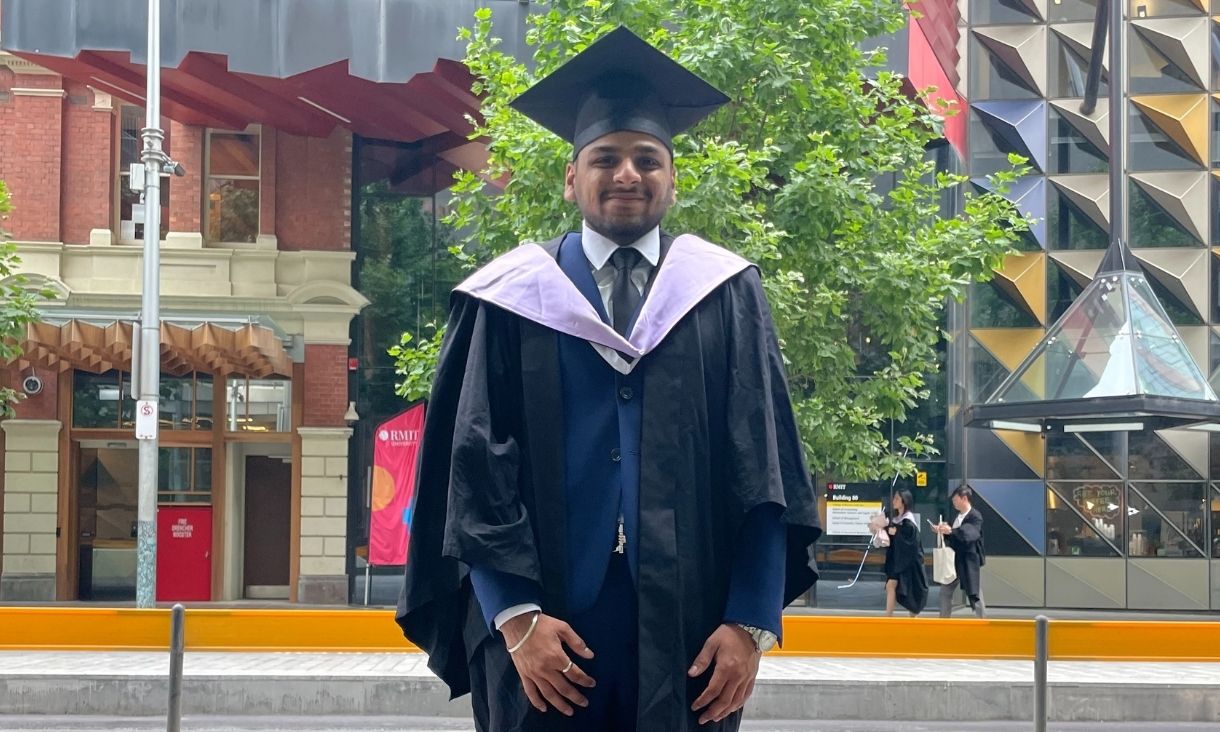4. Understand the impacts places and spaces can have
Many factors contribute to a truly accessible building, room or location.
Factors like noise and activity levels, smell, lighting, wayfinding and more can impact an indivdual's experience of a place and their ability to meaninfully participate..
When arranging to meet friends or peers, consider the many sensory impacts of the chosen location:
- Is the lighting adjustable?
- Are there sudden or loud noises that could be disruptive?
- Are there strong or overwhelming odours?
- Are there digital screens or other sources of visual stimuli that might affect concentration?
- Is the seating comfortable and supportive for a long period?
- Is there enough space to move around, stretch or engage in sensory-friendly movement?







